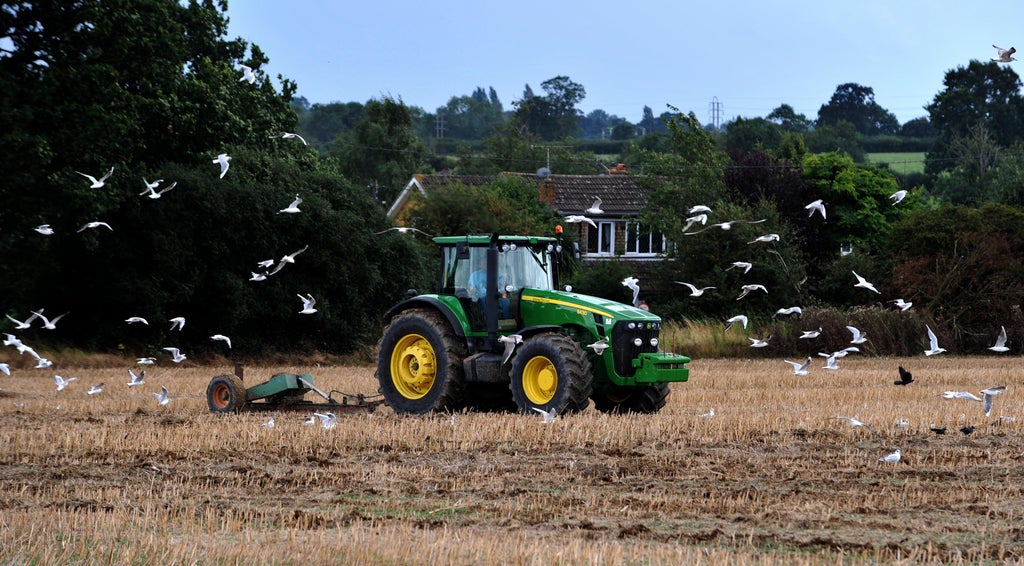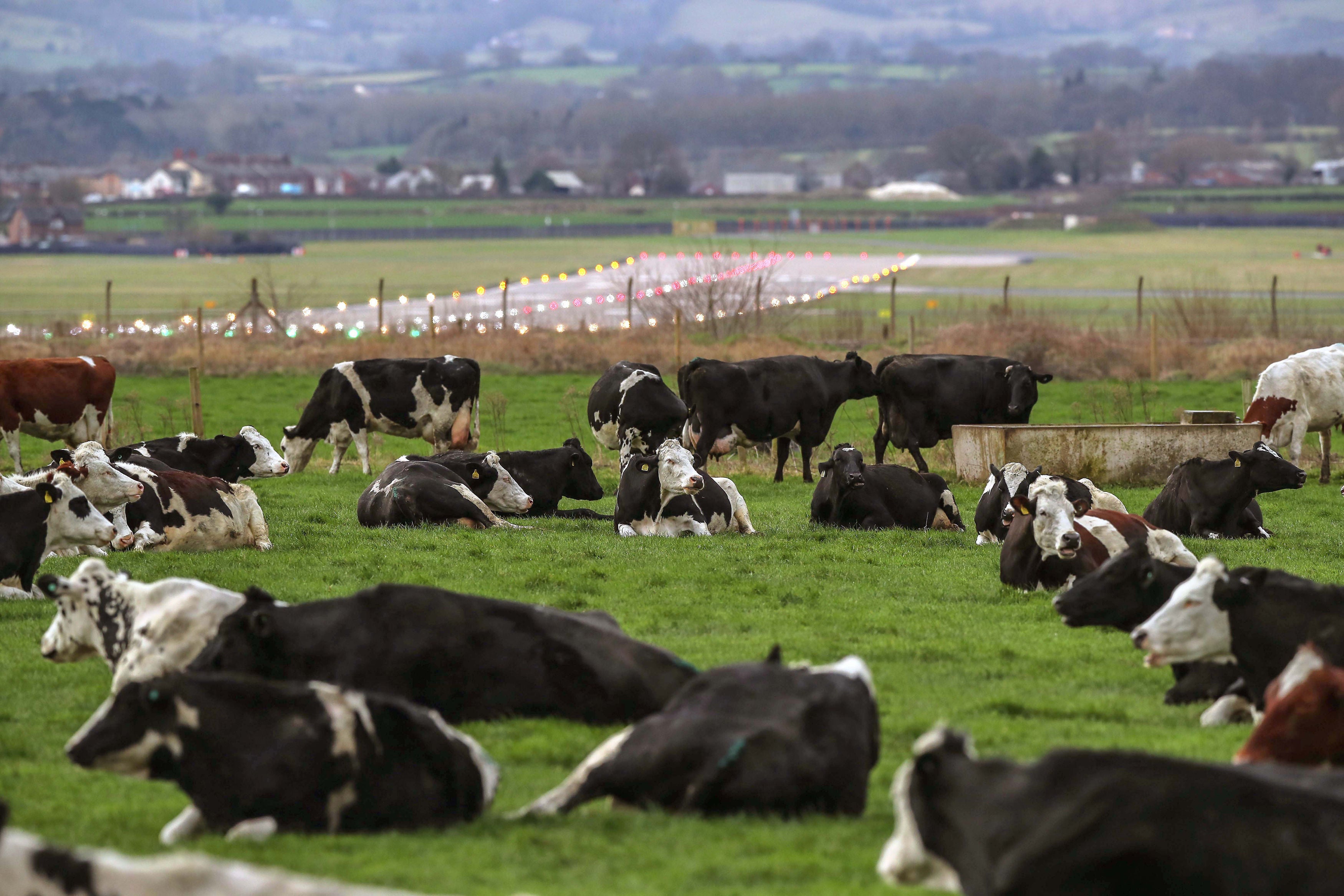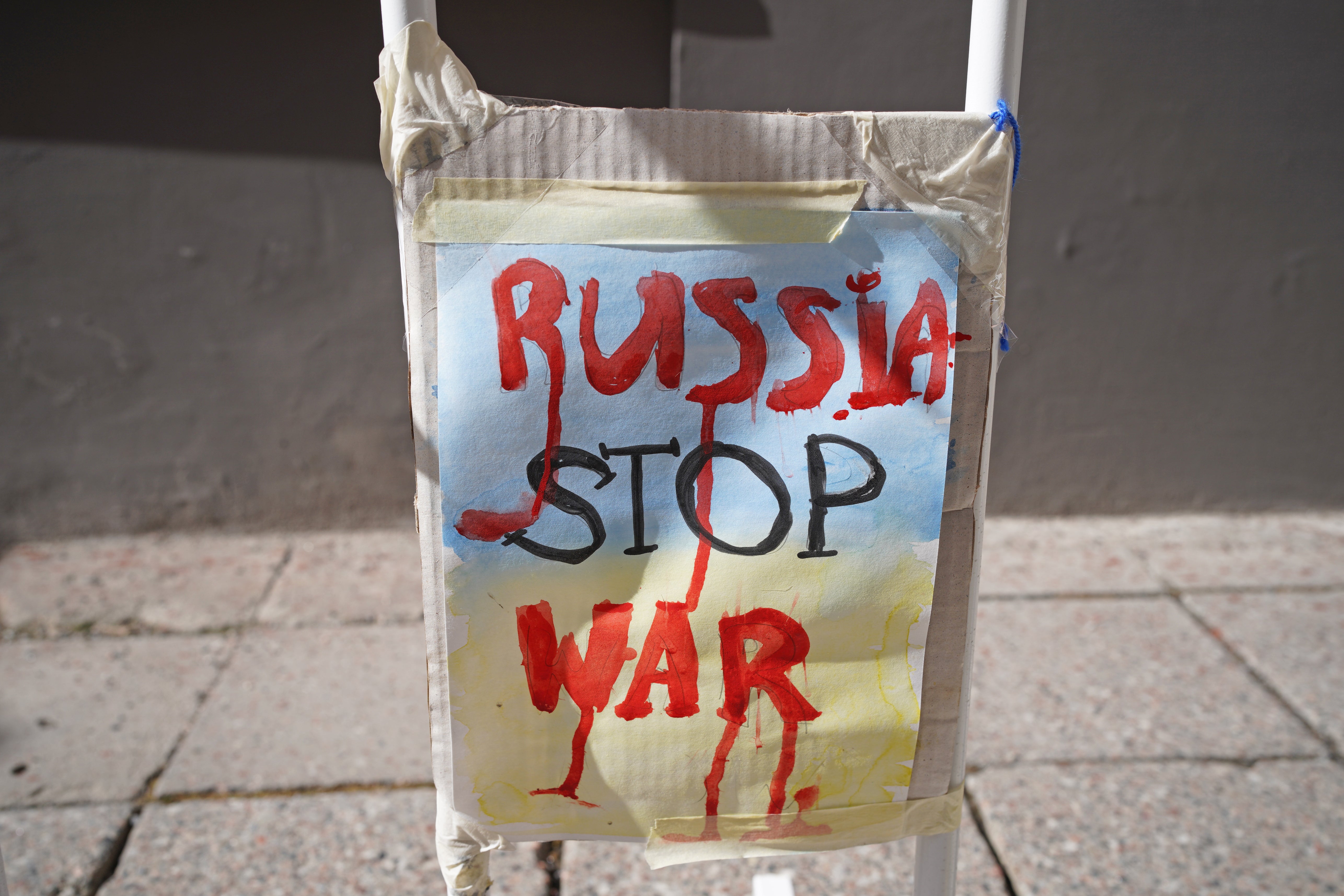
The war in Ukraine has only intensified problems being faced in the food production sector, MSPs have heard.
The war’s impact on Scotland’s food supply chain was discussed by Holyrood’s Rural Affairs, Islands and Natural Environment Committee on Wednesday.
MSPs were told that there were many issues in the sector beforehand, but two specific areas causing concern in the wake of the crisis in Ukraine are the rising prices of animal feed and fuel.
They heard that without intervention, there will be a reduction in productive capacity across the country at both farm and production or manufacturing level.

Scott Walker, CEO of the National Farmers Union Scotland, said that based on anecdotal evidence he had heard from farmers, Scotland “could see quite a sizeable number of cattle being reduced”.
He added that pig farming in particular is suffering, with every producer in that area set to lose “around £50” for every pig they sell.
“I’ve spoken to pig farmers who are reducing the size of the herd, and some individual pig farmers who are in the process of winding down the business and going out of business during the next few months,” he told the committee.
However, Professor Alan Matthews, professor emeritus of European agricultural policy at Trinity College Dublin, said “the picture is not a dark one overall”, with sectors facing different impacts.
He said: “Arable farmers will look forward to quite a profitable season. Pasture-based livestock farming, we see milk prices rising which, at least partially, will compensate for the higher production costs.”
Many farms in Scotland would have had a lot of Ukrainian workers in the past, predominantly through the vegetable sector
The war has also seen an impact on Scotland’s fish exports, with Scottish Fishermen’s Federation CEO, Elspeth Macdonald, highlighting the fact that mackerel was a popular export to Russia.
She told the committee that following the country’s annexing of Crimea in 2014 and the subsequent sanctions introduced, much mackerel stock went to Ukraine.
She said the demand is still there despite the ongoing crisis, but the industry is being hit by “real practical problems” in getting the fish to its destination.
Labour on farms has also been affected by the situation, the panel said, with a dependency on seasonal workers being tested further by the UK’s exit from the European Union.

Mr Walker said: “Many farms in Scotland would have had a lot of Ukrainian workers in the past, predominantly through the vegetable sector.
“I know of some farms in Scotland where that would have been up to 80% of their workforce.”
He told MSPs the country is “heavily dependent” on seasonal workers and, that while it’s still early in the season, some farms have reportedly cut back production due to fears of being unable to source labour.
Dr Mike Rivington, of the James Hutton Institute, said a long-term system is required in order to prepare the country’s farmers for eventualities such as the war in Ukraine or the impacts of climate change.
He suggested thinking about the transformation of the country’s food system, in order to allow for flexibility, would be of more benefit than simply maintaining the “status quo”.







